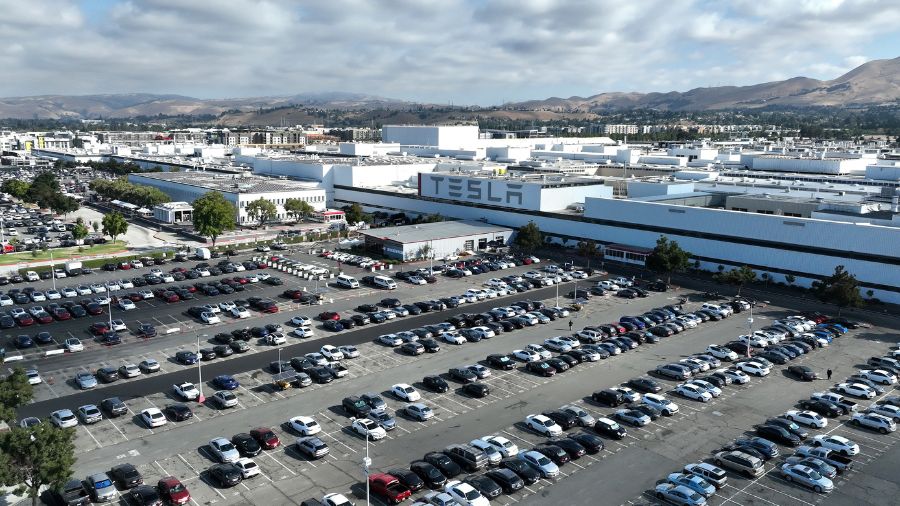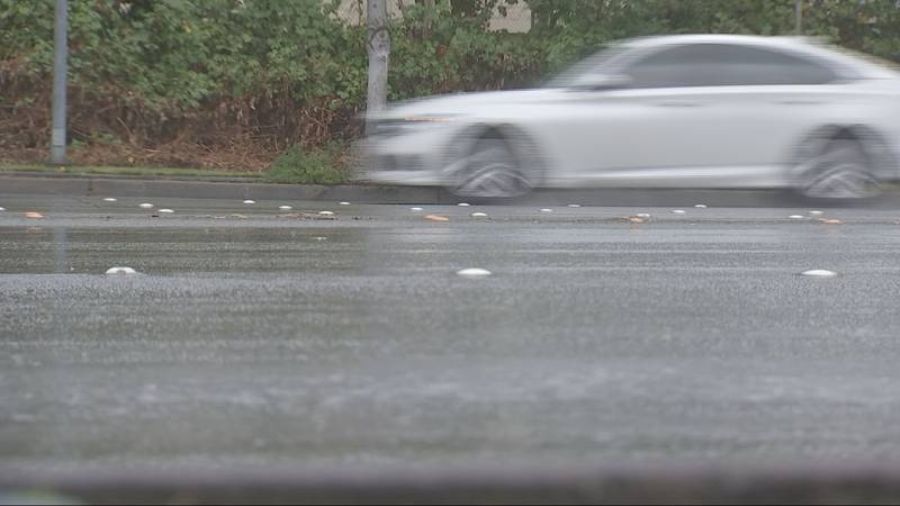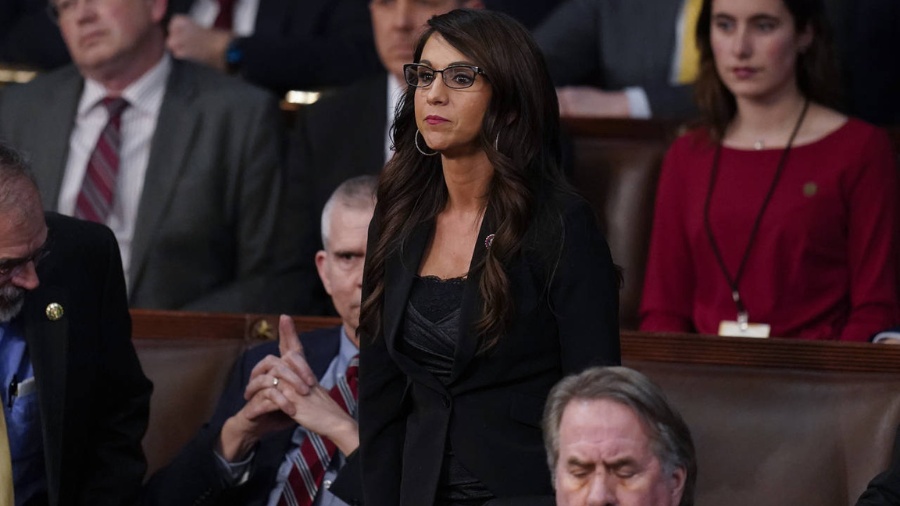Cliff Mass: Pacific Northwest will be winner in climate change
Jul 31, 2014, 7:09 AM | Updated: 8:16 am

That Pacific Northwest will be a winner in terms of climate change, says University of Washington Atmospheric Sciences Professor Cliff Mass. (AP Photo/file)
(AP Photo/file)
As you know, climate change is here. There is some debate perhaps over whether it is man made or not, but it’s pretty clear things are changing, and University of Washington Atmospheric Sciences Professor Cliff Mass has been trying to forecast what we’re in for.
When looking out to the beginning of the next century, he says there will be some definite winners and losers.
“Climate change is not going to be constant over the whole globe,” says Mass. “There are certain areas where things are going to degrade a lot, but there will be places like here which will maintain a pretty high quality of life.”
The Pacific Northwest will be one of the winners, he says.
“It is going to be attractive here, because not only will our temperatures remain nearly constant for the next 20, 30 years, then slowly warm up after that, we will have precipitation unlike the Southwest United States that’s going to dry out.”
Mass says the precipitation may be less in the form of snow in the mountains, but we will have water falling, so we would be able to support a large population here. He says people in the Northwest have the Pacific Ocean to thank for their good fortune.
“The big picture thing to keep in mind is we’re downstream of the Pacific Ocean […] and the way that climate works is that the Eastern Pacific Ocean will probably warm up more slowly and to a lesser degree than almost any other place on the planet,” says Mass. “Our weather is controlled by the Pacific, so our temperatures will not change very rapidly because of the Pacific Ocean, and our snow pack will hold around for awhile because of the Pacific.”
Of course everyone has heard about the rising seas that are going to come as a result of climate change, but Mass says we should luck out on that one too.
“First, we have the fortunate situation that our coastal areas gain elevation quite quickly, and because of that, even if the sea level comes up, it’s not going to flood vast areas.
“But there’s something else that is interesting going on,” says Mass. “Our land, a lot of it is rising, because the big Ice Age glaciers pushed the land down and now the land is rebounding, so some of our land is actually moving upward. That gives us even more protection from sea level rise.”
But how will we fare on the storm front? Certain storms like hurricanes can be exacerbated by climate change. Will we be hit harder?
Mass says no. “It does not appear that we’ll see stronger big storms coming in the winter.”
“Hurricanes are dependent upon the temperature of the water. So if we had hurricanes coming in here, then we’d have to worry about it. But we don’t. We never get hurricanes, because the Pacific Ocean is way too cool.
“We do get big storms like the Inauguration Day storm and the Columbus Day storm and that is dependent on the stress of the jet stream,” says Mass. But he adds: “It turns out that the jet stream coming into the West Coast won’t get any more intense under global warming.”
Count it as our compensation for living in an area where the oceans are too cold to swim in. “It protects us from hurricanes, and it protects us from big thunderstorms, or tornadoes, or that kind of weather,” says Mass.
Even though there are locales like the Pacific Northwest that will be winning in terms of climate change, Mass says overall we shouldn’t be rooting for it.
“If you’re in Southern Canada, climate change is going to be a good thing. If you’re in Siberia, it’s going to be a good thing. If you’re in Los Angeles and the Southwest, it’s going to be a bad thing,” says Mass. “I think in total, it’s going to be a bad thing. Anything that changes from what we’re used to is going to probably be a bad thing. But there will be winners and there will be losers.”
MyNorthwest.com’s Jamie Skorheim contributed to this report.














